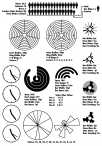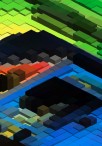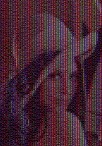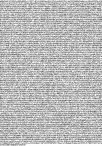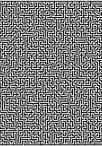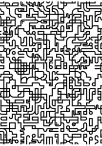During a late night web crawling session I found out that someone have reverse engineered (very much like I did) the Afternow Script. This was, as I’ve said before, the first attempt of a script that I ever made. It is also the one script I’ve done that have generated the most requests. Since Scriptographer is dead now I figure it couldn’t harm to link to it now, hope you don’t mind Jürg. The code is here and below are images of the three variations.
First out is the original Afternow.
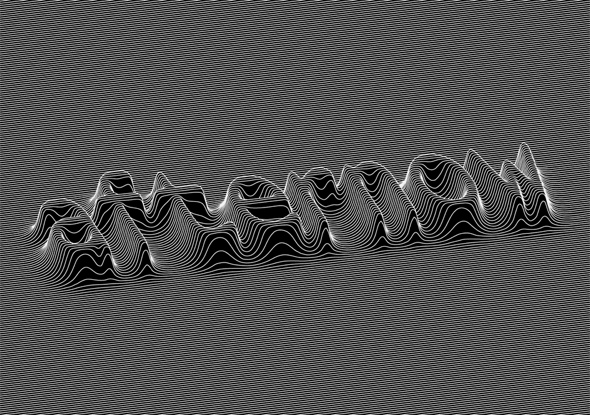 Followed by my own version.
Followed by my own version.
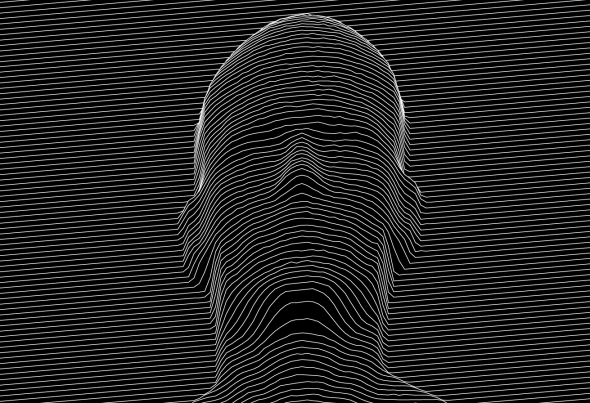 And lastly the one I found tonight.
And lastly the one I found tonight.
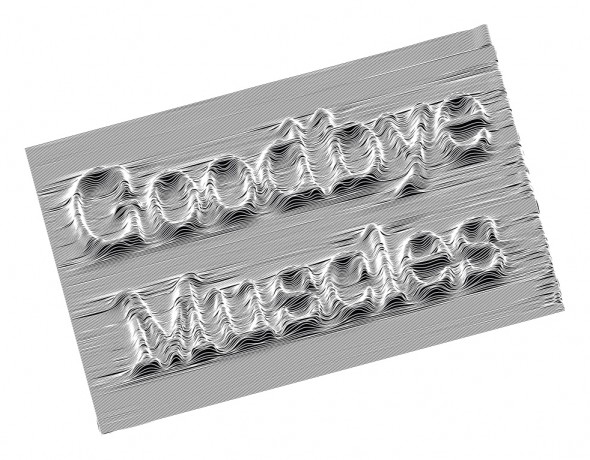
Yet another raster. This time I made it into pie charts. Each pie chart displays its sub-divided areas amount of red, green and blue in relation to each other. White will therefore be made up of three equal parts of maximum red, green and blue. See for yourself.
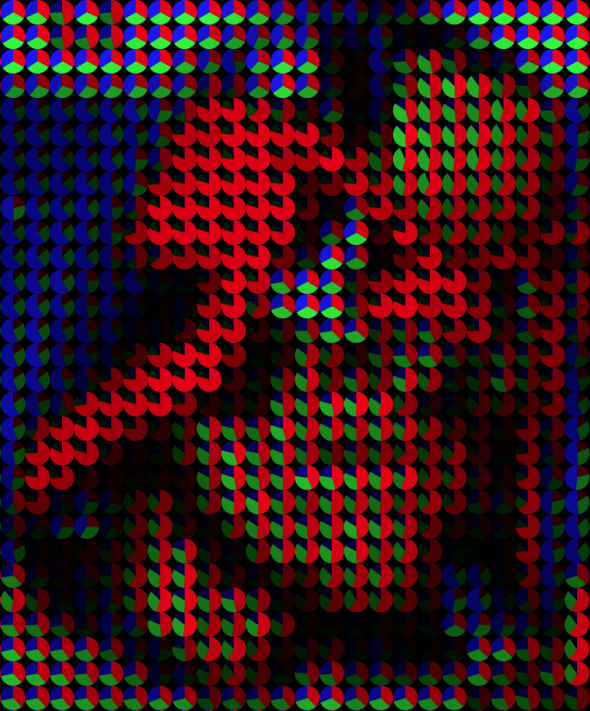 [more…]
[more…]
As I was fiddling around with a bunch of raster effects (covered in this post) I stumbled upon a nice look that I felt I had to cultivate. I wrote and posted the script at the Scriptographer homepage. I think it made quite the nice cross-hatch pattern by dividing the stroke width by three.

[more…]
I have been experimenting with different kinds of raster effects lately. Not really breaking any new grounds here but it is fun to try to come up with new stuff and just to play around for a while. The hardest part is to find a suitable image to apply these effects on and most of [more…]
 Some days ago I saw this project called Blocky Earth by Jaume Sánchez (image above) which reminded me of my old isometric block raster script (image below). Looking at the code now, I have to say that there are a bunch of things I would have done different had I done it today, so I spent last night rewriting it. As the script got a well deserved overhaul I also took the time to put in some things that I felt was going to add a nice touch.
Some days ago I saw this project called Blocky Earth by Jaume Sánchez (image above) which reminded me of my old isometric block raster script (image below). Looking at the code now, I have to say that there are a bunch of things I would have done different had I done it today, so I spent last night rewriting it. As the script got a well deserved overhaul I also took the time to put in some things that I felt was going to add a nice touch. What follows are images and short descriptions of how these add-ons work.
What follows are images and short descriptions of how these add-ons work.
[more…]
This post is part of, and my reply to, a discussion on the Scriptographer forum regarding how to emulate stippling. I have been thinking of a script like this for a long time – well, I’d say it’s more of a pseudo-stochastic raster than a stippler – but along the way, more and more problems have become apparent. Nevertheless, I wanted to be sure so I wrote a quick and dirty script to see how my theories would hold up.

[more…]
 I’ve already mentioned Vectoraster in an earlier post but I like it so much that I will push for it yet again! It has been updated with bug fixes and some minor feature additions. Still cheap, buy it!
I’ve already mentioned Vectoraster in an earlier post but I like it so much that I will push for it yet again! It has been updated with bug fixes and some minor feature additions. Still cheap, buy it!
Iñaki Soria Izquierdo in Barcelona found my script useful and made this with it. It makes me happy!

It’s funny how ideas come and go. Most of my ideas are offsprings from earlier thoughts or works. That’s certainly the case with my Monotone Raster script, it stems back to the Tile Toy script via Fonticon.
Now, this script is probably my least useable one as the outcome wasn’t very nice or functional. So what does it do then?
Well, the idea was to make a script that would produce a raster image with only one tone. Aptly named Monotone Raster. Since a raster will create dots of varying sizes corresponding to the level of gray of the target image pixels. This is not very hard in Scriptographer. But what if I wanted to make a raster image with something other than a circle, or, a raster with multiple objects?
Well, that wasn’t that hard either so I took it a bit further. What if the objects looked different, but in reality they all had the same amount of black?

[more…]
Just updated this wonderful program to version 4.
Vectorraster 4 by Lost Minds is a great tool for anyone who wants to create beautiful vector-based rasters in all kinds of ways. It is user-friendly and allow for alot of experimentations by using text or custom shapes as raster dots. Well worth its $25 (Mac only) if you like to fiddle around with halftones.

 Followed by my own version.
Followed by my own version. And lastly the one I found tonight.
And lastly the one I found tonight.


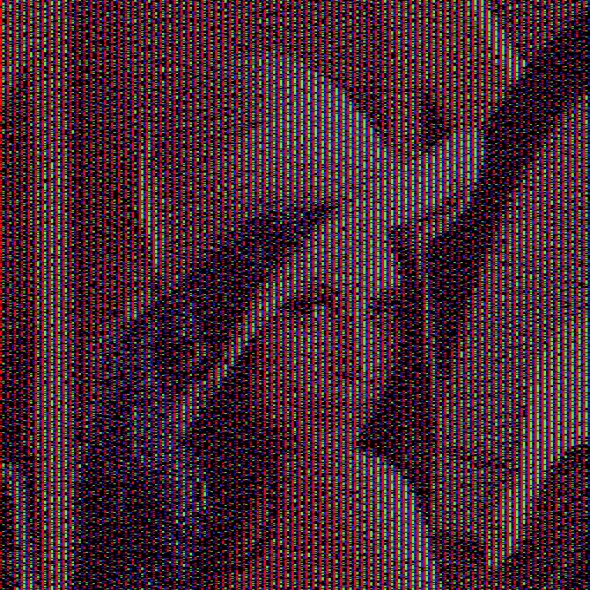
 Some days ago I saw this project called
Some days ago I saw this project called  What follows are images and short descriptions of how these add-ons work.
What follows are images and short descriptions of how these add-ons work.
 I’ve already mentioned
I’ve already mentioned 


